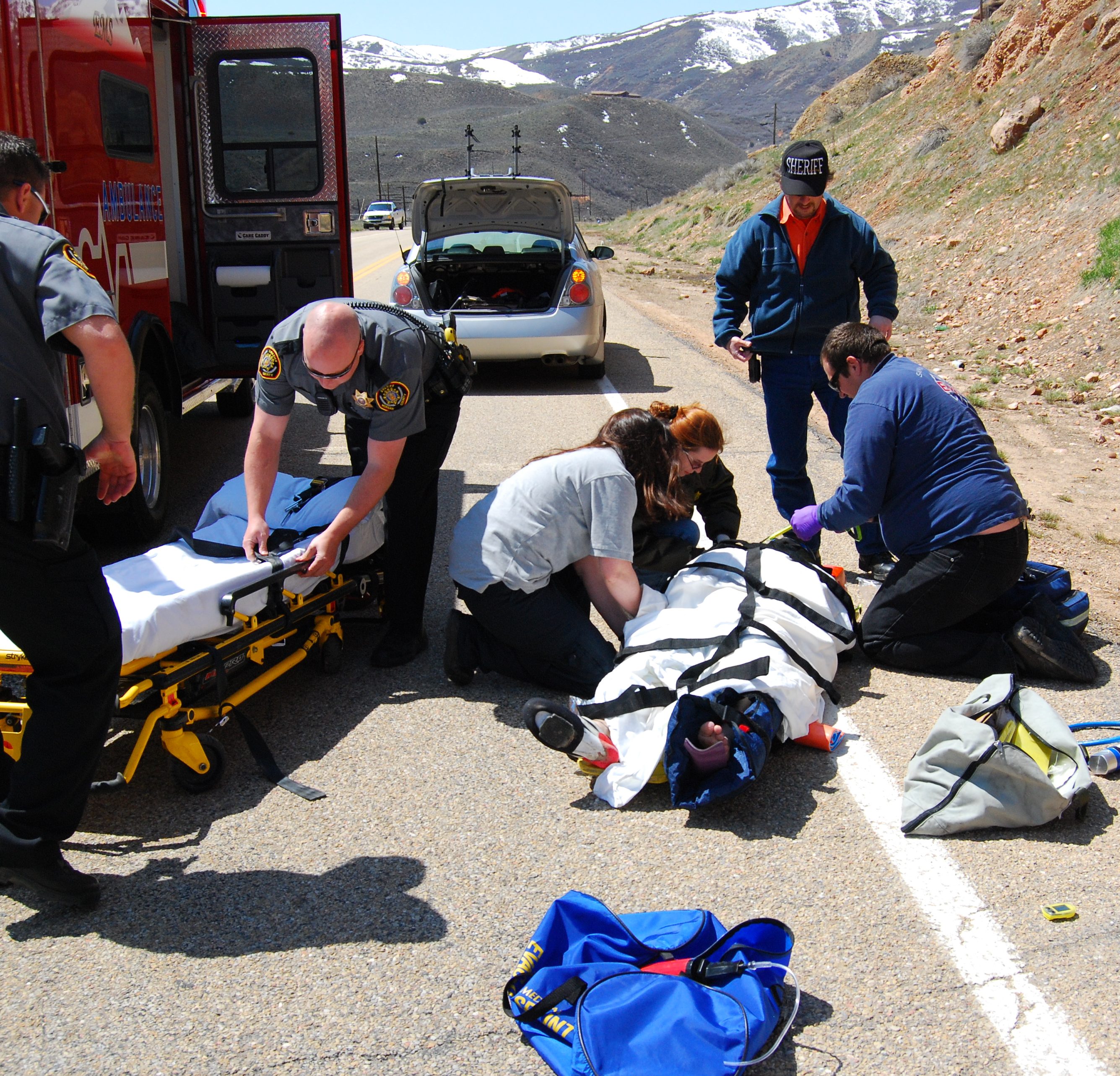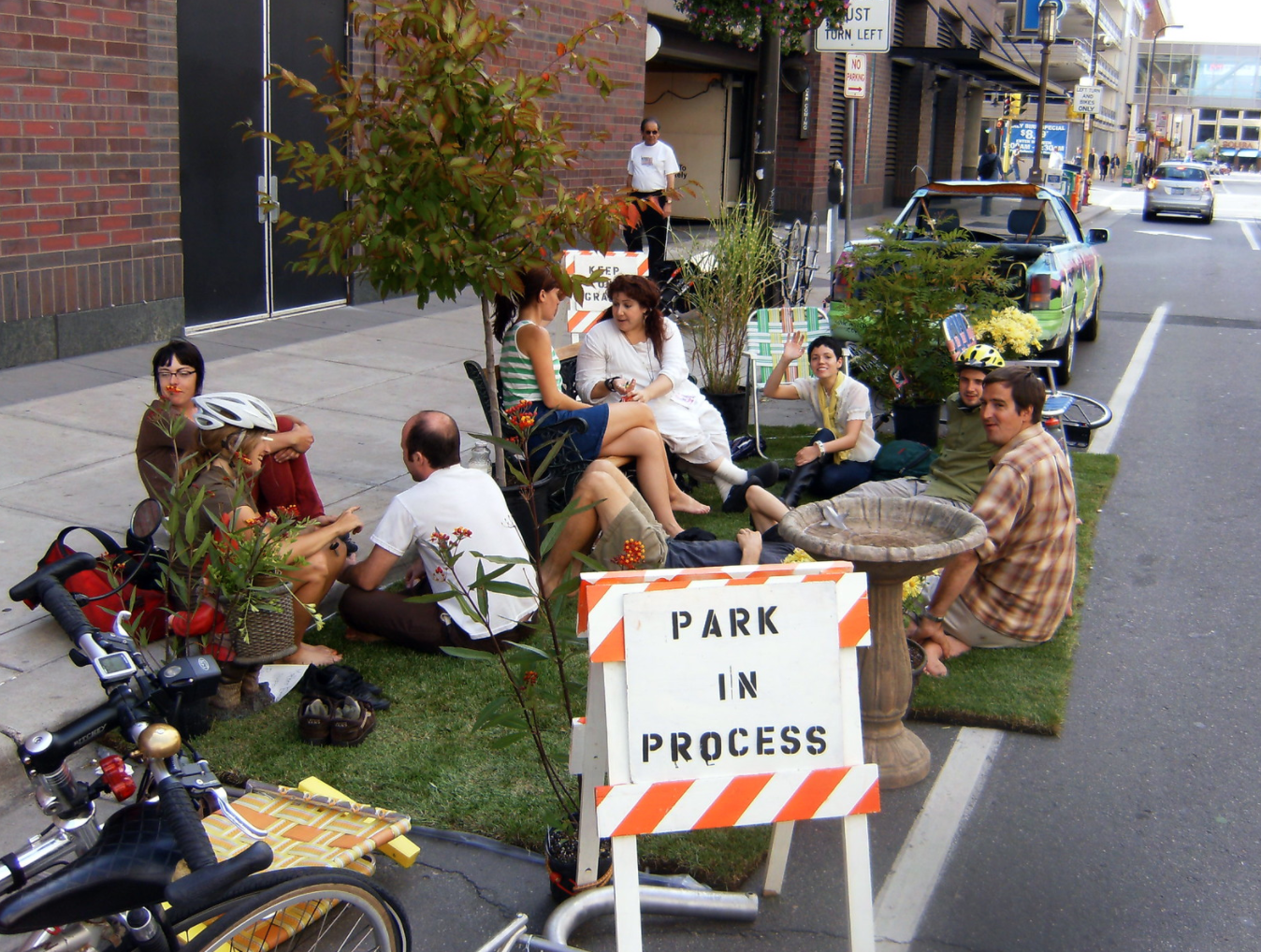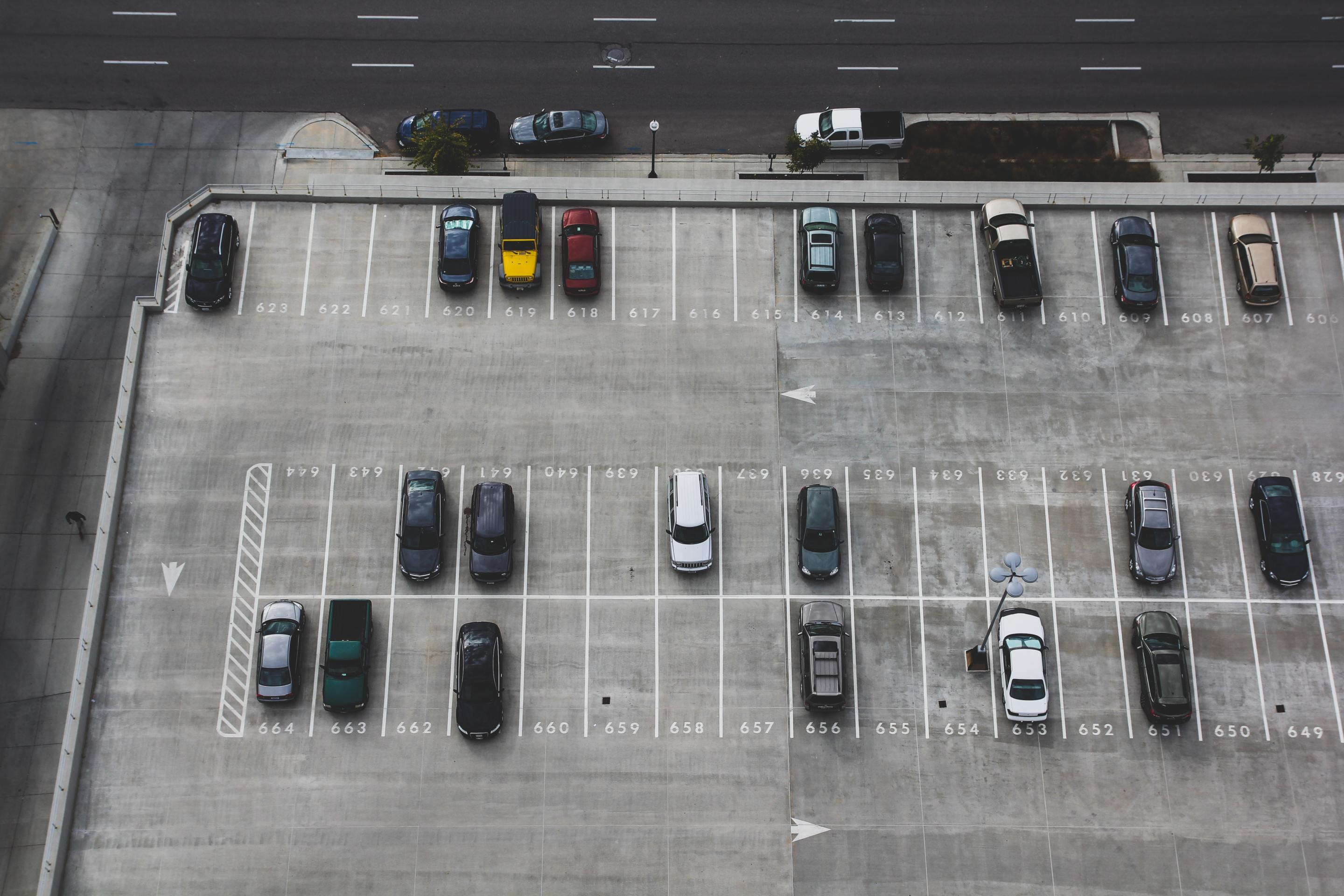As an epidemic of traffic deaths surges nationwide, Vision Zero finally is finally gaining traction in Congress.
After months of intense campaigning from advocates, Sen. Richard Blumenthal (D-Conn.) and Rep. Jan Schakowsky (D-Ill.) introduced a bi-cameral resolution Tuesday expressing the desire of the legislature to "reduce traffic fatalities to zero by 2050."
The resolution is non-binding, but advocates say it's an important first step on a path towards more concrete policy change.
“Our priorities, plans, and policies are based on the goal we aim for, and we should not be aiming for some of our loved ones to be safe as they move about our communities — we should be working for safety for all,” said Leah Shahum, director of the Vision Zero Network. “Goals drive our actions and our urgency. And we need to shake off the complacency we’ve had for too long of preventable deaths and injuries.”
The five-page resolution — which is co-sponsored by five senators and five representatives, all Democrats — puts a belated national focus on a growing public health crisis. According to National Traffic Safety Administration, the number of pedestrian fatalities jumped by 44 percent in the decade between 2010 to 2019, while deaths of cyclists in crashes rose 36 percent in the same period, spurred by the continued dominance of dangerous road designs as well as the the growth in popularity of larger vehicles like SUVs and pickups. The resolution also comes just as the legislature is hammering out an infrastructure bill that will determine the nation's roadway safety priorities for the next decade.
“No other preventable cause of death is so overlooked and implicitly condoned as the tens of thousands of preventable traffic fatalities each year in this country. This must — and can — change,” added Shahum. “We are encouraged that this new resolution to set and advance the goal of eliminating traffic deaths by 2050 is a sign of stepped-up federal leadership. Now we need to put proven strategies to work, including designing roadways for safety instead of speed and investing funding in safety improvements, especially for those walking and biking and those in traditionally underserved communities.”
If passed, the resolution would commit Congress and the U.S. Department of Transportation to work together to achieve zero roadway fatalities by 2050 and calls on the DOT to improve data gathering and implement measures that promote traffic safety. It also supports "efforts to address disparities and other equity-related issues related to transportation safety" and "the use of the term 'crash’ and not ‘accident’ when describing traffic incidents and encourages" government agencies to use the term — which might encourage the media use more accurate language, too.
“Every traffic death is more than a number,” said Amy Cohen, co-founder of Families for Safe Streets. “October 8 will mark eight years since I lost my 12-year-old son Sammy. He was in 8th grade and just trying to get from school to soccer practice. This should not be a deadly act. ... Taking that first step to a safety-first transportation policy will prevent others from the heartache we have suffered.”





